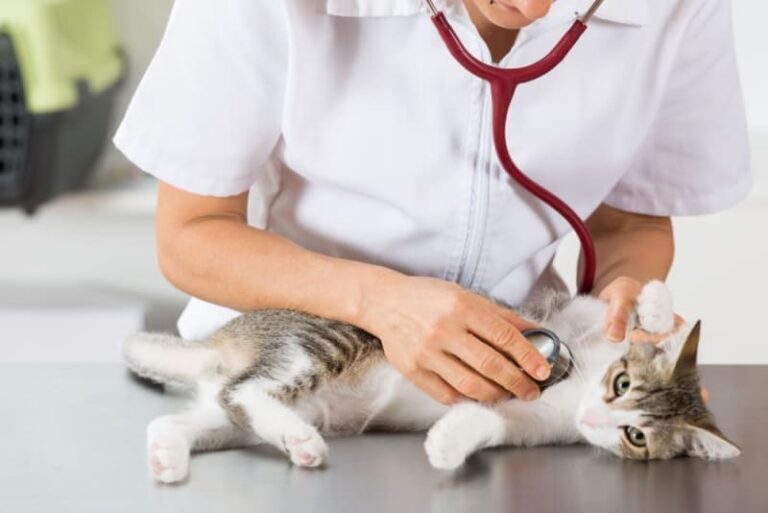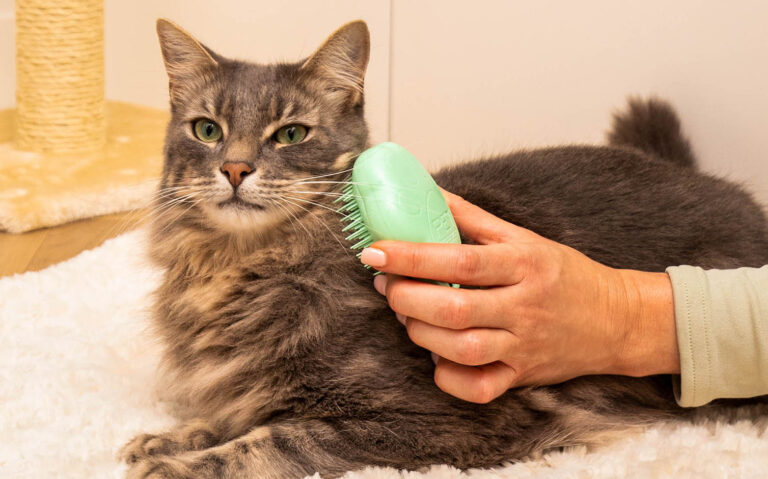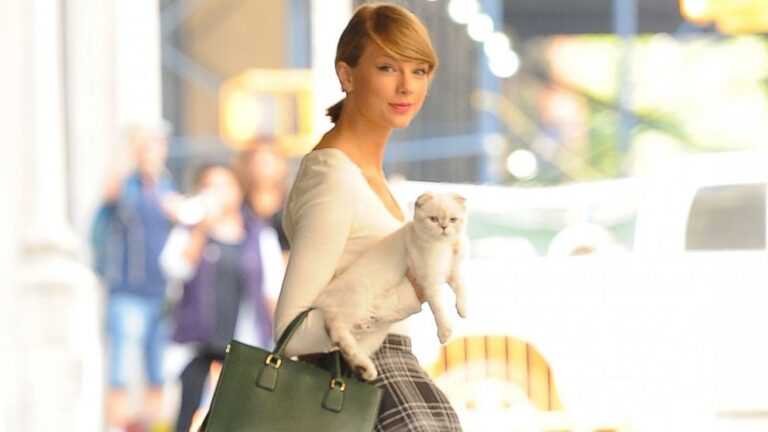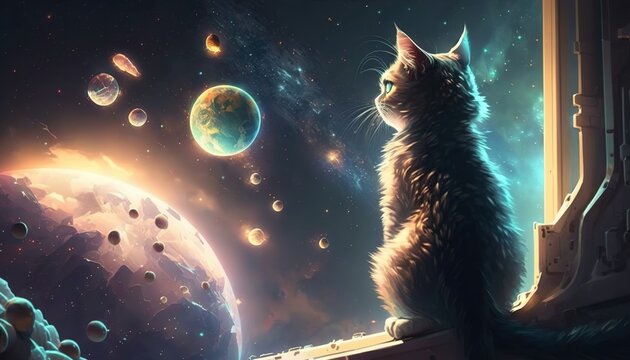The Cultural Significance of Domestic Cats: A Journey Through History and Symbolism
Domestic Cats: More Than Just Pets
Domestic cats, with their captivating eyes, graceful movements, and independent spirit, have long held a special place in human culture. Their presence in our lives extends far beyond companionship; they have become deeply entwined with our history, mythology, and art. From ancient Egypt to modern-day internet sensations, cats have left an indelible mark on human civilization.
A Glimpse into Feline History
The earliest known domestic cats date back to around 7500 BC, with evidence suggesting their domestication in the Near East. These early cats were instrumental in protecting stored grains from rodents, earning them a revered status among agricultural communities. As cats spread across the globe, they encountered diverse cultures and beliefs, each shaping their unique symbolism and significance.
Deities and Guardians: Cats in Ancient Civilizations
In ancient Egypt, cats were considered sacred animals associated with the goddess Bastet, who embodied joy, fertility, and protection. Egyptians mummified cats after their death, believing that they would accompany their owners into the afterlife. Similarly, in ancient Greece, cats were associated with the goddess Artemis, known for her hunting prowess and independence.
Felines in Folklore and Mythology
Cats have woven their way into the tapestry of human folklore and mythology. In Norse mythology, the goddess Freya rode a chariot pulled by two cats. In Celtic cultures, cats were believed to possess mystical powers and were often associated with fairies and other supernatural beings. In Japan, the maneki-neko, or beckoning cat, is a symbol of good luck and prosperity.
Cats in Art and Literature: A Canvas of Inspiration
The allure of cats has captivated artists and writers throughout history. From the realistic depictions of cats in ancient Egyptian art to the whimsical illustrations of cats by Louis Wain, felines have graced canvases and pages alike. Writers such as T.S. Eliot, Ernest Hemingway, and Mark Twain have immortalized cats in their literary works, capturing their enigmatic nature and complex relationship with humans.
The Internet’s Feline Invasion: Viral Sensations and Memes
In the digital age, cats have conquered the internet, becoming viral sensations and meme-worthy subjects. From the grumpy cat to Lil Bub, these feline internet celebrities have amassed millions of followers, proving once again the enduring fascination humans have with cats.
Cats: A Mirror of Human Culture
The cultural significance of domestic cats lies in their ability to reflect human values, beliefs, and aspirations. They embody independence, grace, and curiosity, traits that humans often admire and strive for. Cats also challenge our notions of control and ownership, reminding us of the importance of respecting their autonomy and individuality.
Conclusion: The Enduring Bond Between Cats and Humans
Domestic cats have journeyed alongside humans for millennia, leaving an indelible mark on our culture, art, and history. Their enigmatic nature, beauty, and companionship have captivated us, earning them a cherished place in our hearts and homes. As we continue to share our lives with these remarkable creatures, we can appreciate the enduring bond that exists between cats and humans, a bond that transcends time and speaks to our shared humanity.







